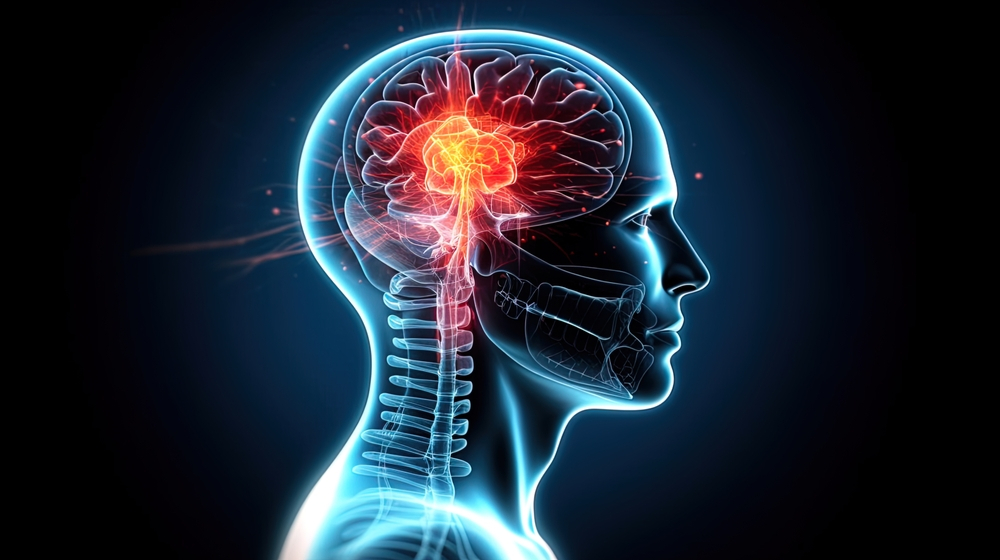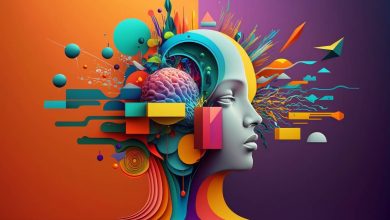Discover 3 Incredible Facts About the Human Brain

The human brain is a marvel of biological engineering, an incredibly complex organ that governs our thoughts, emotions, movements, and countless bodily functions. Its intricate network of neurons and synapses forms the foundation of what makes us uniquely human, enabling us to learn, create, and evolve.
Despite its significance, the brain remains one of the least understood organs, with scientists continuously uncovering new insights about its functions and capabilities. In this blog post, we will delve into three incredible facts about the human brain that highlight its remarkable abilities: its limitless memory capacity, its ability to rewire itself through neuroplasticity, and its substantial energy consumption.
These facts not only underscore the brain’s complexity but also emphasize the ongoing need for research and understanding.
Fact 1: The Brain’s Limitless Memory Capacity
The human brain’s ability to store information is nothing short of astounding. Unlike a computer with a hard drive that has a fixed amount of storage, the brain doesn’t have a set limit on how much it can remember. It achieves this through a complex network of neurons and synapses, creating and strengthening connections as we encounter new information and experiences.
The brain uses a process known as synaptic plasticity to store memories, enhancing or weakening synapses based on their use.To put this into perspective, consider that the brain has approximately 86 billion neurons, each capable of forming up to 10,000 synaptic connections with other neurons.
This results in a vast network with nearly a quadrillion connections, allowing for virtually limitless storage potential. Real-life examples of extraordinary memory capabilities can be seen in individuals with highly superior autobiographical memory (HSAM), who can recall nearly every day of their lives in vivid detail.
These individuals showcase the brain’s incredible ability to encode, store, and retrieve vast amounts of information, far surpassing any man-made storage device.
Fact 2: The Brain’s Ability to Rewire Itself (Neuroplasticity)
The concept of neuroplasticity challenges the long-held belief that the brain’s structure is static after a certain age. Neuroplasticity refers to the brain’s remarkable ability to reorganize itself by forming new neural connections throughout life. This adaptive capability is crucial for learning new skills, recovering from injuries, and adapting to new situations.
For instance, when someone learns a new language or picks up a musical instrument, the brain’s neural networks reconfigure themselves to accommodate the new information or skills. Similarly, neuroplasticity plays a vital role in recovery from brain injuries, such as strokes.
Rehabilitation techniques often focus on retraining the brain to regain lost functions, leveraging its ability to form new connections and compensate for damaged areas. Numerous stories exist of individuals who, through perseverance and therapy, have experienced significant brain changes that allowed them to overcome adversity and regain functionality.
Fact 3: The Brain Consumes a Significant Amount of Energy
Despite accounting for only about 2% of the body’s weight, the brain is an energy-intensive organ, consuming roughly 20% of the body’s total energy production. This high energy demand is necessary to support the brain’s continuous activity, from maintaining basic bodily functions to engaging in complex cognitive tasks.
The brain’s energy consumption primarily supports the processes of neurotransmission, synaptic signaling, and maintenance of the resting membrane potential of neurons. To fuel these activities, the brain relies heavily on glucose, which is obtained from the food we eat. This is why a balanced diet rich in nutrients is essential for optimal brain function.
Furthermore, lifestyle factors such as regular exercise, sufficient sleep, and stress management can significantly impact the brain’s energy levels and overall health, underscoring the importance of taking care of our most vital organ.
Conclusion
In summary, the human brain’s limitless memory capacity, its ability to rewire itself through neuroplasticity, and its substantial energy consumption all highlight its extraordinary capabilities. These incredible facts underscore the brain’s complexity and the ongoing need for research to fully understand its functions.
By continuing to explore the brain’s mysteries, we can unlock new insights into human cognition, learning, and recovery, ultimately improving brain health and enhancing the quality of life. Let us encourage further study and proactive care of our brains to harness their full potential.
After all, the brain is a truly amazing and awe-inspiring organ that deserves our attention and admiration. So, let’s continue to learn and take care of this wondrous gift we possess.




